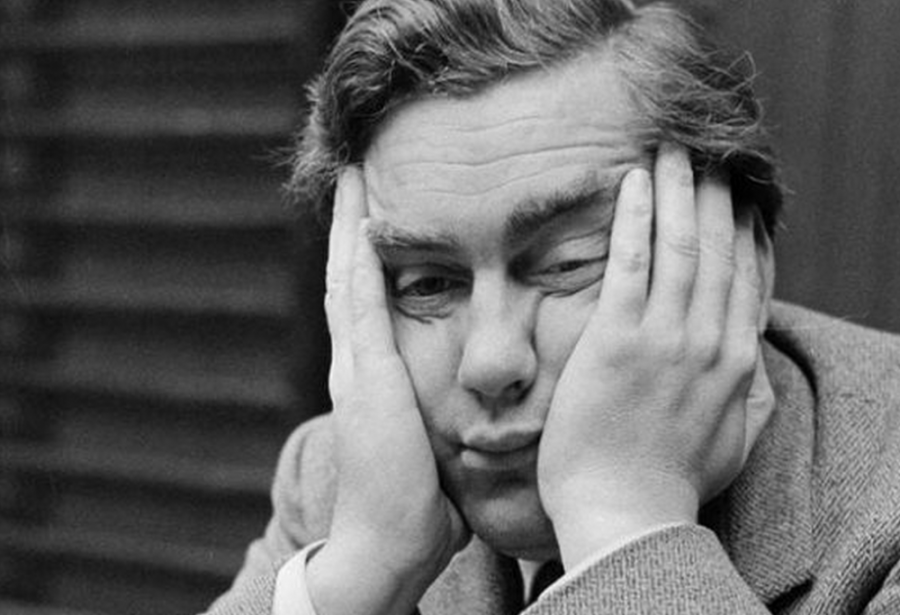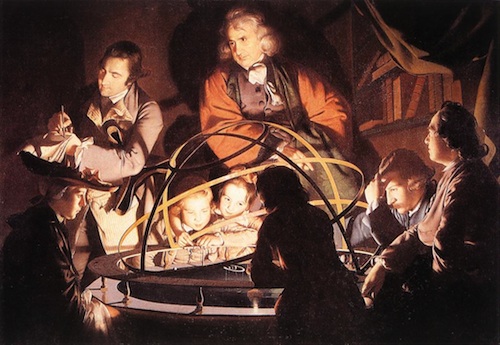
“My philosophy aims at an ordering of rank, not at an individualistic morality” Will to Power, 287
Nietzsche’s political thinking remains a source of confusion as well as embarrassment for most scholars seeking to appropriate conceptual tools, largely because they tend to be incongruous with the standard liberal ways of thinking about politics, which have prevailed for the past 200 years. In political thought, Nietzsche departs from liberalism in a number of ways:
- He does not regard the human being as inviolable, that human life is sacrosanct.
- Neither does he believe that all persons should be treated with equal respect as moral beings.
Much like liberalism, Nietzsche’s conception of politics is instrumental, but it differs radically from the liberal in his valuation of human life. Whereas for liberalism politics is a means towards peaceful coexistence of individual agents, for Fritz it is a means for human greatness. Fritz is committed to ‘perpetual self overcoming’ and the ‘enhancement of man.’ This enhancement does not consist of improving of the conditions of life for the majority of people, but in the generation of few striking superlatively vital ‘highest exemplars’ of the human species. The production of magnificent specimens is possible only in a society politically organized along strict hierarchical lines.









